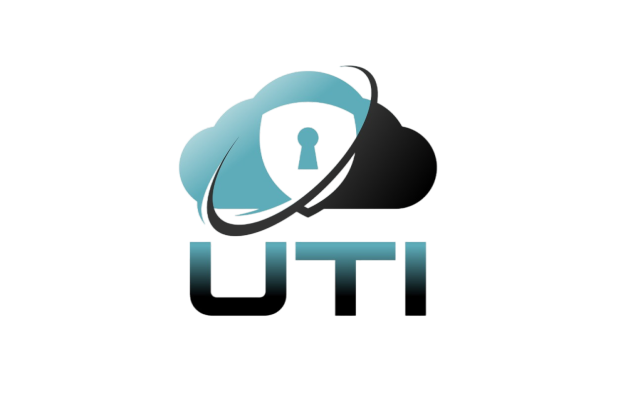Introduction:
In an era where digital advancements propel economies forward, cybersecurity has become a cornerstone of national resilience. Qatar, recognizing the importance of safeguarding its digital infrastructure, has established a robust Cybersecurity Framework. This comprehensive guide explores the critical elements of Qatar’s Cybersecurity Framework assessment services, encompassing assessment, review, audit, recommendations, and implementation.
Assessment:
The journey begins with a meticulous assessment of an organization’s existing cybersecurity measures. This involves evaluating the current state of information security, identifying vulnerabilities, and gauging the level of resilience against cyber threats. The assessment phase provides a baseline for understanding an organization’s cybersecurity posture within the context of Qatar’s Cybersecurity Framework.
Review:
Continuous review is fundamental to maintaining the relevance and effectiveness of cybersecurity measures. Regular assessments are conducted to analyze the evolving threat landscape, technological changes, and organizational dynamics. The review process ensures that cybersecurity strategies remain adaptive and responsive to emerging challenges.
Audit:
Comprehensive audits are conducted to validate the implementation of cybersecurity controls and adherence to Qatar’s Cybersecurity Framework. Key elements of the audit process include:
1. Controls Evaluation: Assessing the effectiveness of implemented controls in mitigating cybersecurity risks.
2. Compliance Verification: Ensuring alignment with the specific requirements outlined in Qatar’s Cybersecurity Framework.
3. Incident Response Testing: Evaluating the organization’s readiness to detect, respond to, and recover from cybersecurity incidents.
4. Documentation Review: Verifying that documented policies and procedures align with the established cybersecurity standards.
Recommendations:
Based on the assessment, review, and audit findings, cybersecurity experts provide tailored recommendations to enhance an organization’s cybersecurity posture. These recommendations may include:
1. Risk Mitigation Strategies: Proposing measures to address identified vulnerabilities and threats.
2. Technology Upgrades: Recommending the adoption of advanced cybersecurity technologies to bolster defenses.
3. Training and Awareness Programs: Suggesting initiatives to enhance the cybersecurity awareness and skills of employees.
4. Policy Enhancements: Providing guidance on refining cybersecurity policies and procedures to align with evolving threats.
Implementation:
Implementing recommended cybersecurity measures is the final crucial step. This involves translating recommendations into actionable strategies, integrating new technologies, refining policies, and conducting employee training programs. Successful implementation ensures that organizations are not only compliant with Qatar’s Cybersecurity Framework but also well-equipped to navigate the complex and dynamic digital landscape.
Conclusion:
In Qatar, the commitment to a secure digital future is evident through the robust Cybersecurity Framework and the associated assessment services. By undergoing assessments, reviews, audits, and implementing recommendations, organizations can fortify their cybersecurity defenses, contribute to national resilience, and confidently embrace the digital opportunities that lie ahead.

